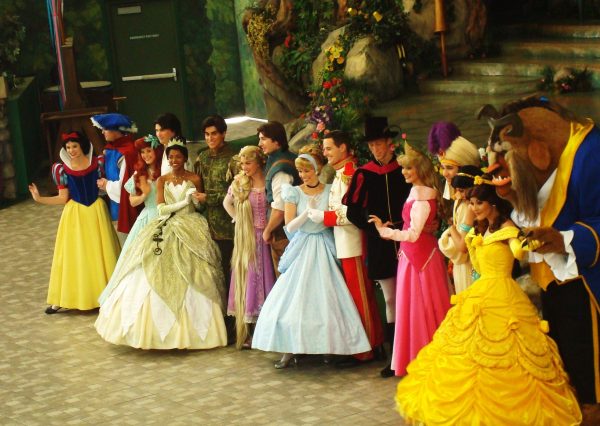The teenage transition
Blood may make you related, but family is a choice. As we go through our four years of high school, we begin creating our own schedules, preparing our own meals and making our own decisions. The authority we hold over our lives grows with our responsibilities. With all these changes taking place, high school students often spend their free time hanging out with other teens instead of their family.
This shift from family to friends for teenagers comes from an increase of opportunity, skepticism and pressure. Opportunities to be with other students instead of family members occur naturally in high school, especially once we receive our driver’s licenses. We find solace in being with those going through the same trials, experiencing the same degrees of distress and dealing with the same feelings of judgment that students tend to receive from adults. As we get older, who we spend our time with becomes less of a convenience and more of a choice, so we start gravitating toward fellow teenagers because we can connect with them.
We begin thinking more critically for ourselves in high school while developing a better ability to challenge the authority of others. This sense of skepticism usually reflects on how we view our families. Most teenagers understand that parents often commit themselves to providing what’s best for their children, but we may also start considering that perhaps “what they want for me may not be what’s best for me.”
Maybe the most difficult change for us to overcome is the overwhelming increase in pressure, which is the result of much more than grades alone — it’s the pressure to not only impress your friends, your family and yourself and also be accepted by them. It’s the pressure to understand everything that we have begun to doubt. It’s the pressure of being thrown into a school filled with self-conscious, imperfect students who are just as scared as we are.
Despite all this, it’s these challenges that transform us into capable, self-reliant citizens. Part of the journey into the real world is accepting this transition in relationships. The opinions of our relatives lose their direct influence on us the older we get, and become more of a guiding force for our decisions. In the end, spending time with teenagers at school encourages the necessary change from family reliance to family influence. Of course, it’s almost never as smooth as it sounds.
As our friends become more important to us, we become more susceptible to their influences. The thousands of different students at Westlake expose us to multiple relationships, some healthier than others. Not to mention the decisions we make regarding our college and career at Westlake give our friends a surprisingly long-term influence on our lives.
So how can teenagers and families handle this change? The way I see it, the best way to manage this inevitable shift is to embrace it. For us, we have to understand that who we surround ourselves with is not only our choice, but also our responsibility. People are a reflection of their environments, so when you look at your friends or family, understand that you’re looking at a part of yourself.
Families will always have an impact on their children; however like teenagers, they must recognize the change that’s happening. The amount of influence parents have on their children is still considerable in high school. They just need to know the extent of their jurisdiction and how much they actually control as time moves forward.
High school not only prepares us for our future, it also forces us to realize that the future is a product of our decisions. Maturity is not only being with the right people, but deciding who the right people are. If we choose to be foolish and surround ourselves with reckless people, there will be consequences whether we recognize them or not. Our actions will always define us, now more than ever; just remember, we’re the one writing the definition.





